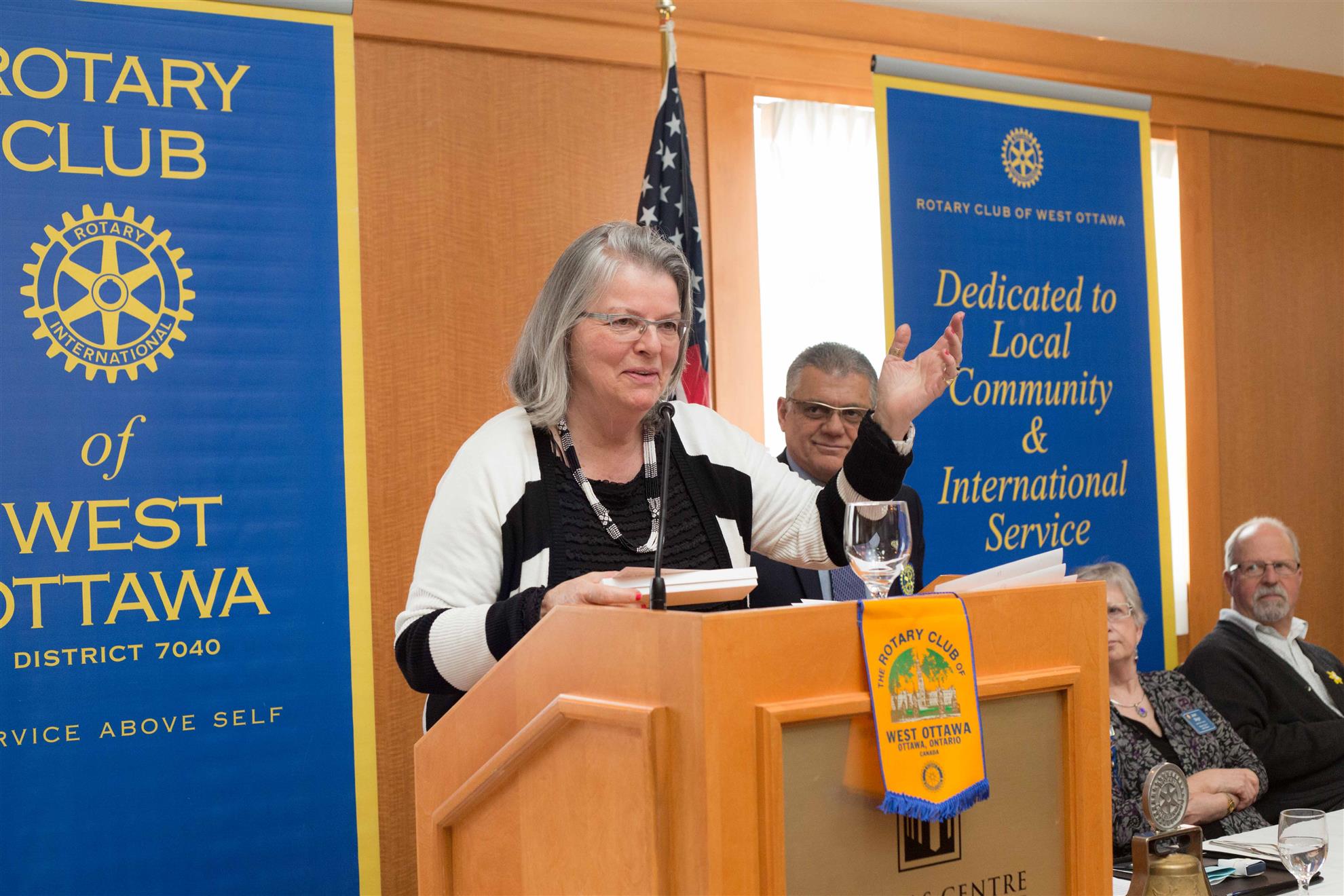

We hope to include partner broadcasters not attending the workshop through Skype. help broadcasters address their programming challenges. make rural broadcasts more responsive to local needs, andĬ. investigate how best to use our resources (and by extension resources offered by other NGOs) to:ī.

FARM RADIO INTERNATIONAL HOW TO
Present the recommendations of our review panel to African partner broadcasters, and get an on-the-ground perspective of how to improve them and, more generally,Ģ. The workshop would gather feedback from these distance educators on how to improve the quality, relevancy and usefulness of the resources we provide. We would like to take this review one step further by convening a half-day workshop for our partner African radio broadcasters at PCF7. The reviews were comprehensive and thoughtful, and generated recommendations which will improve the program. We recently launched a review of this program by inviting a panel of experts to review a selection of scripts. Thirty-four years later, we continue to revise our offerings to better meet the needs of our broadcasting partners. It was an innovative way to provide open learning resources – from a distance – to rural broadcasters, who themselves are distance educators. In 1979, FRI distributed its first package of radio scripts about sustainable small-scale farming practices to broadcasters at radio stations in developing countries.

This discussion would also touch on more general themes, such as how NGOs such as FRI can best deliver distance learning materials that meet the objectives listed below in the workshop goals. The workshop would bring together some of FRI’s broadcasting partners to focus on improving our Resource Packs – the documents we post on our website and distribute to more than 440 radio partners in sub-Saharan Africa. Farm Radio International (FRI) proposes a half-day participatory workshop during or in conjunction with PCF7.


 0 kommentar(er)
0 kommentar(er)
